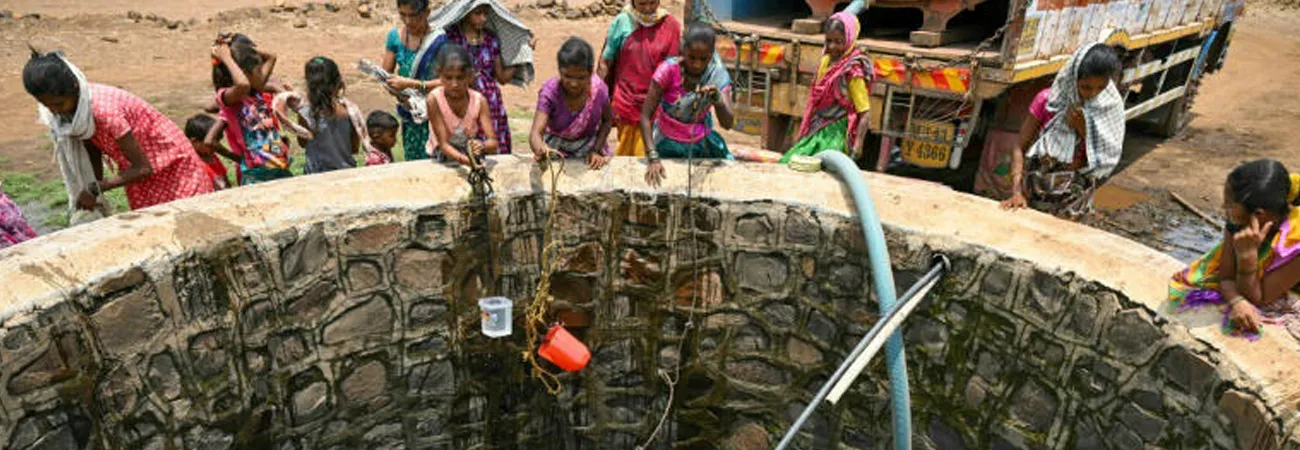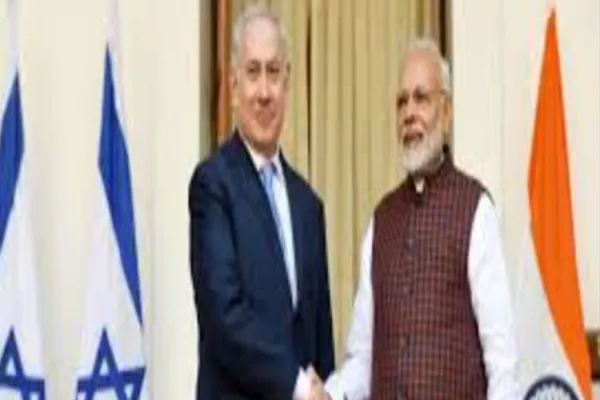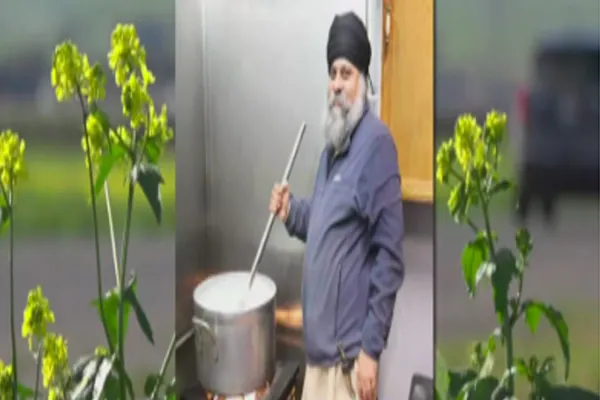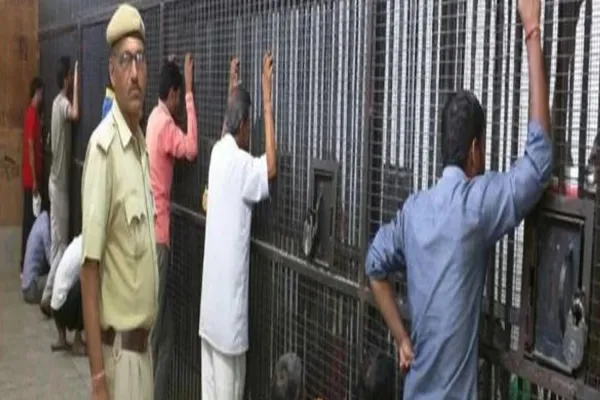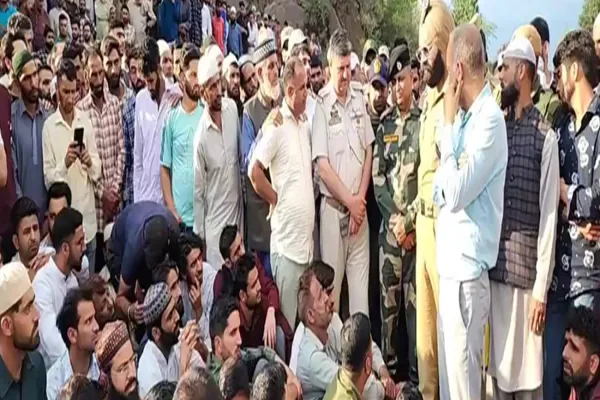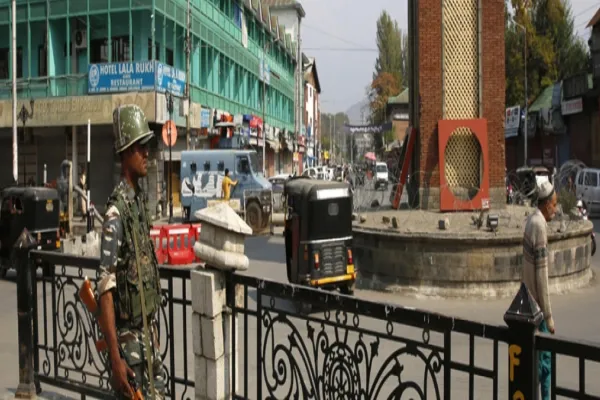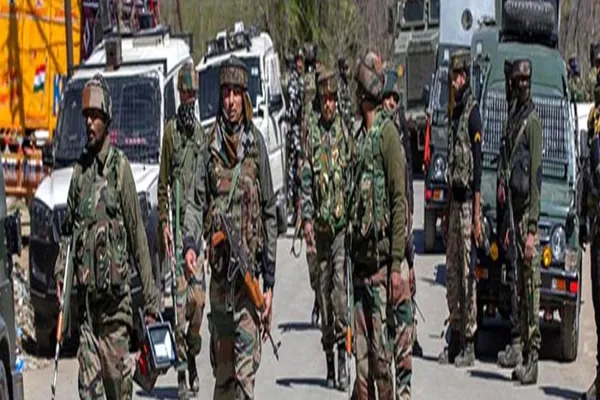i NEWS INTERNATIONAL
Far from the gleaming high-rises of India's financial capital Mumbai, impoverished villages in areas supplying the megacity's water are running dry -- a crisis repeated across the country that experts say foreshadows terrifying problems. "The people in Mumbai drink our water but no one there, including the government, pays attention to us or our demands," said Sunita Pandurang Satgir, carrying a heavy metal pot on her head filled with foul-smelling water. Demand is increasing in the world's most populous nation of 1.4 billion people, but supplies are shrinking -- with climate change driving erratic rainfall and extreme heat. Large-scale infrastructure for Mumbai includes reservoirs connected by canals and pipelines channelling water from 100 kilometres (60 miles) away. But experts say a failure of basic planning means that the network is often not connected to hundreds of rural villages in the region and several nearby districts. Instead, they rely on traditional wells. But demand far outstrips meagre resources, and critical groundwater levels are falling. "Our days and our lives just revolve around thinking about collecting water, collecting it once, and collecting it again, and again," Satgir said. "We make four to six rounds for water every day... leaving us time for nothing else".
Credit: Independent News Pakistan



